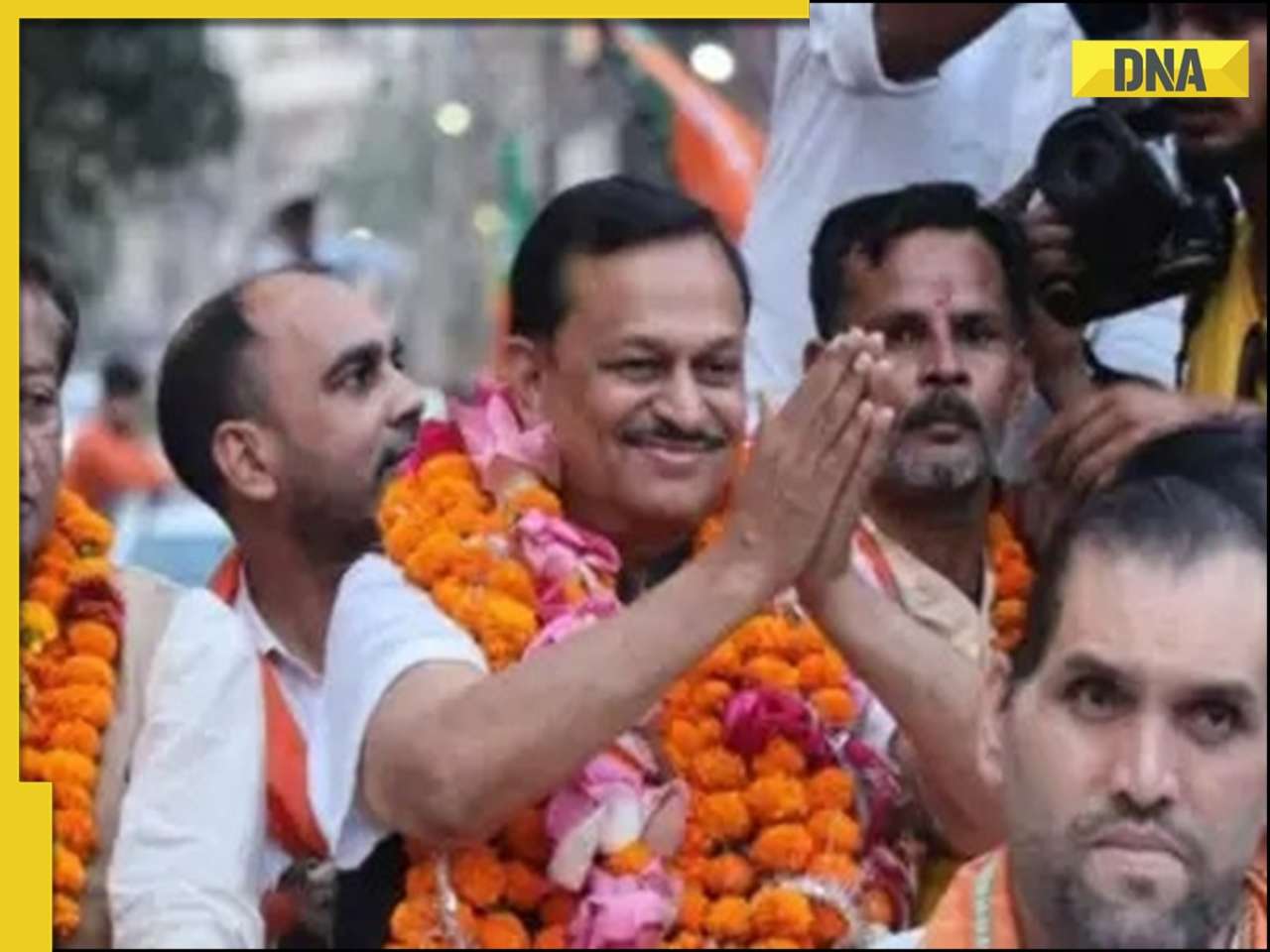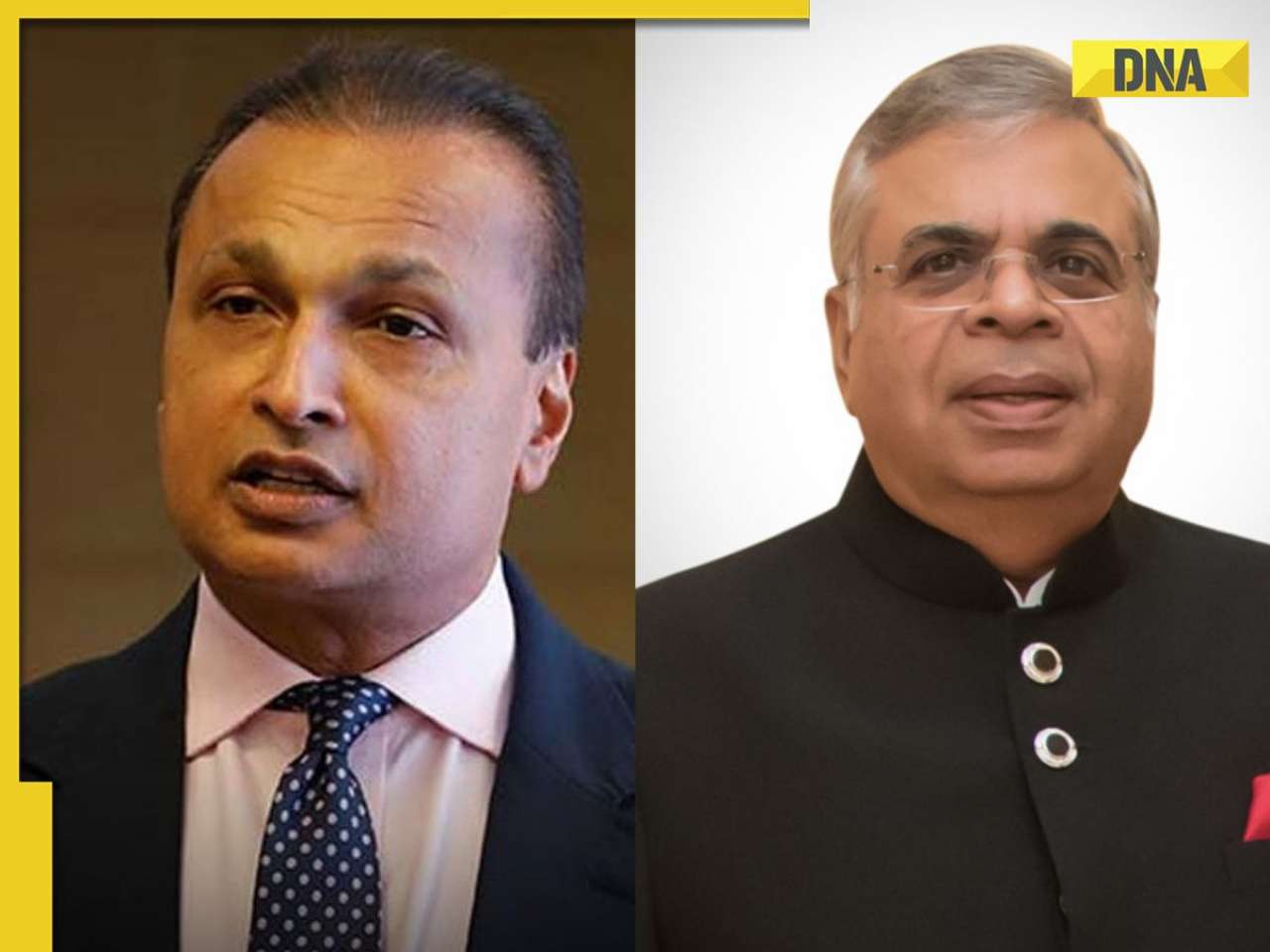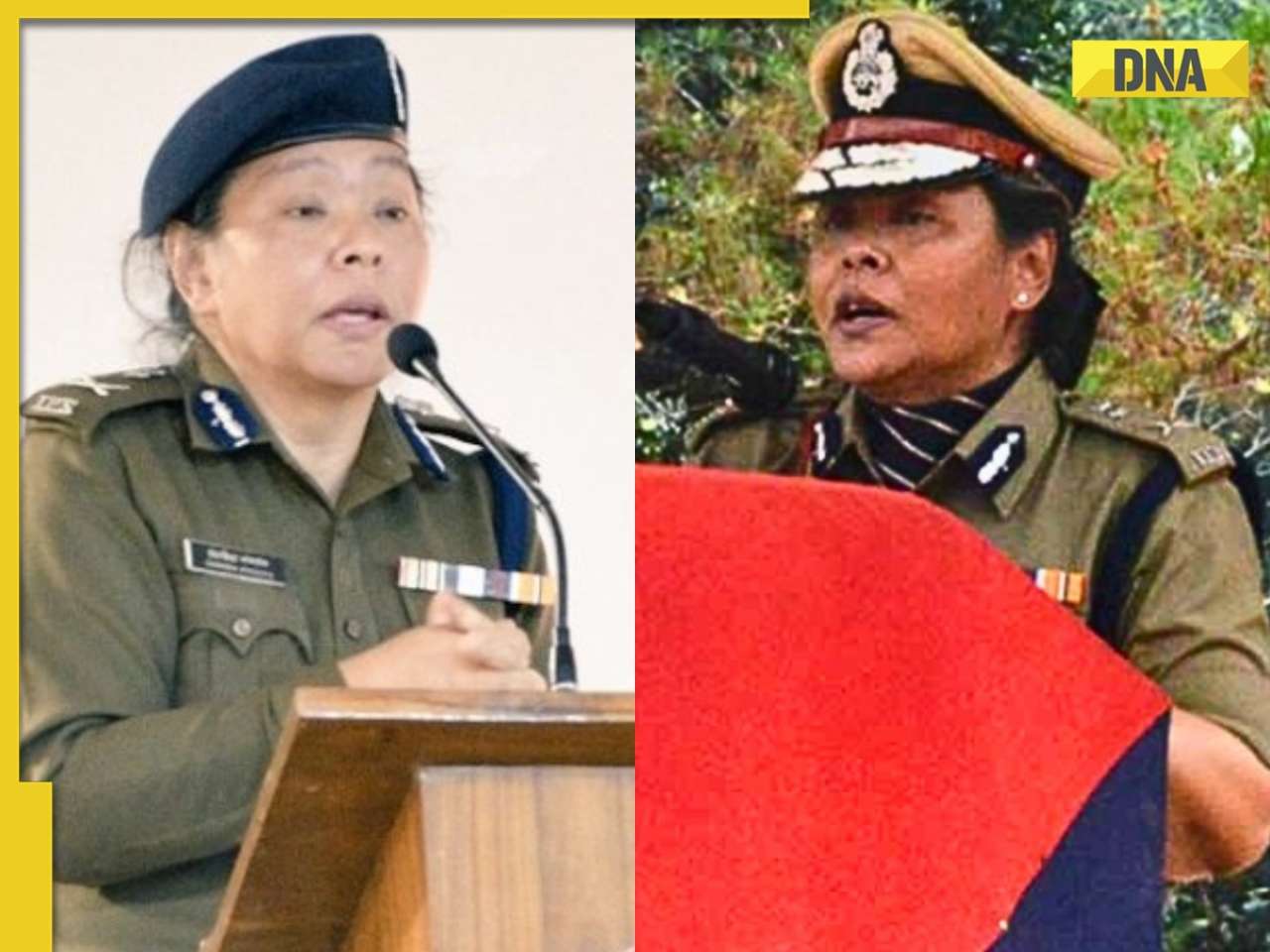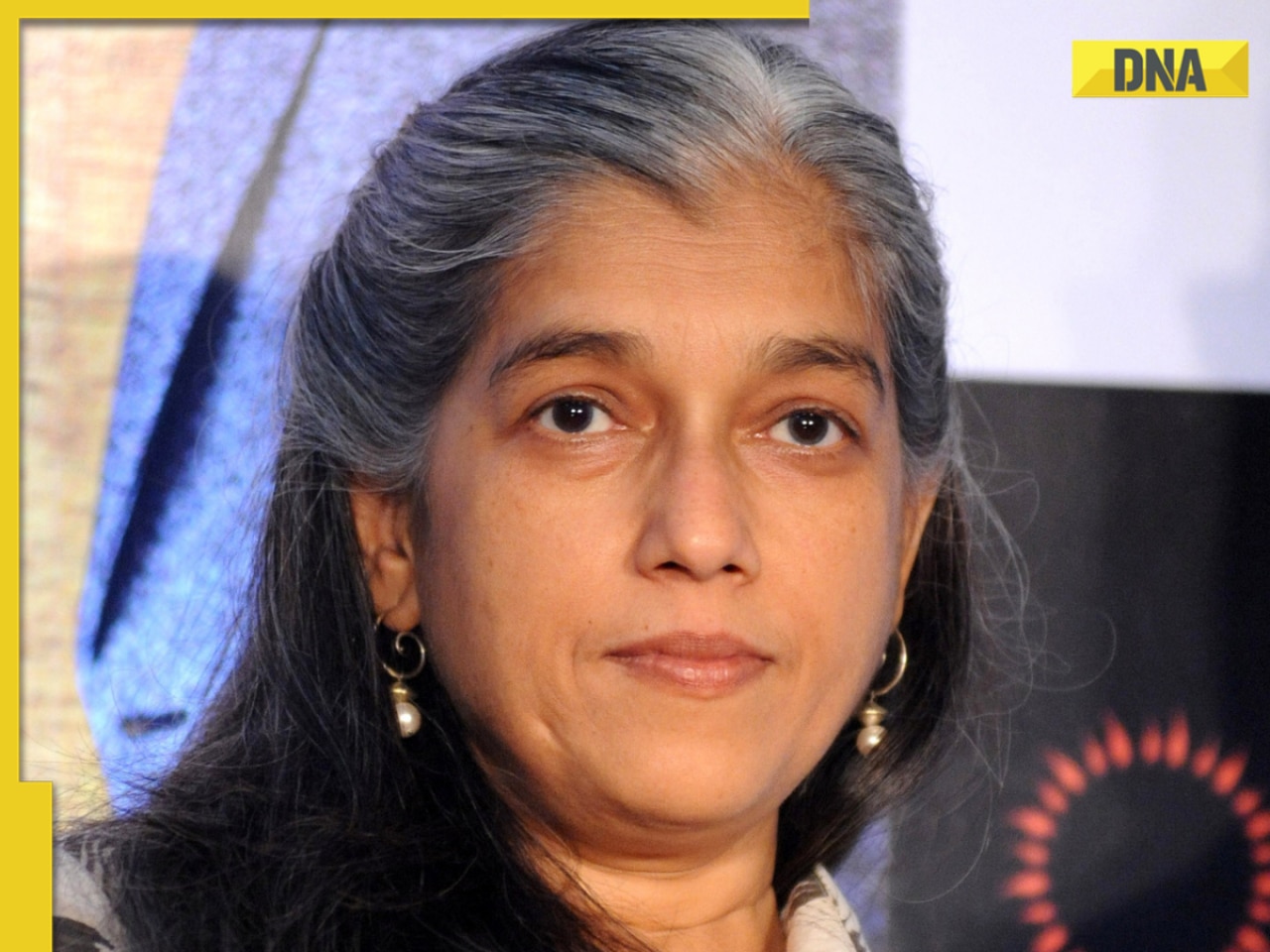Based on the recommendations of the Swaran Singh Committee, ten fundamental duties were included in the Indian Constitution under Article 51-A by 42nd Amendment Act, 1976.
Indian citizens can transform India as a place to live with an abundance of joy, if they are more dutiful towards the fundamental duties that the Indian Constitution prescribes for every citizen. Instead of being guided by the “ethics of duty,” Indian citizens are required to practise a “sense of duty”, which is unconsciously wired in their psyche and life practices.
Duty and ethics
Duty was the first step to develop human society. The concept of right does not have a longer history. It was developed in the West during the 17th century only. All the great achievements in human civilizations across the world were accomplished with duty-based ethics and practices. It is important to note that the Indian family system, based on duty, is regarded as one of the most stable social institutions in the world. Multicultural India has adhered to the duty centric ethics in the historical landscape. That is the reason why India as a nation prospered. The basic characteristics of duty is that it is affirmative in nature and its realisation does not require a sanction centric coercive measure for enforcement.
When the Indian Constitution was drafted, there was a demand on the part of many political thinkers and activists, like Mahatma Gandhi, to give duty a central place in it. His demand was inspired by Indian history of social institutions, which allowed the social imagination to flourish over a narcissistic sense of individualism. The ethics of duty was the uniting force of the society, which was rooted in the multifaceted contours of Dharma. The ethics of duty was also prevalent in the city states of Greece in ancient times. This conclusion may be derived from the writings of Plato, who classified society into three parts as per the essential nature of classes, and assigned various duties which were supposed to be followed by each of those classes. With the emergence of European Enlightenment, western civilizations witnessed many tumultuous events in the name of abstract reason. The Glorious Revolution (1688) in England and the French Revolution (1789) in France, etc., emerged in the name of liberty, which demolished the socialistic character of world-life governed by religious sentiments.
The Indian Constitution also adopted individualistic salvation as a goal against the tradition centric value system. This was the reason why PV Kane, a great scholar of Dharmashastra, was sceptical about the Indian Constitution. He observed that the Indian Constitution cannot succeed unless it encompasses the traditional values of India. For Kane and Gandhi, duty is one of the core values of India which has united it as a civilization in spite of all the adversities. For them, the adoption of a right centric Constitution in duty centric cultures would be counterproductive. Many of the problems of social order and political system in contemporary India may be traced back to the progressive displacement of duty as a central ethic.
Inclusion of Fundamental Duties
During the period of emergency (1975-1977), the Indira Gandhi government made huge amendments in the Indian Constitution, so much so that it was considered as a mini Constitution in itself. The Swaran Singh Committee (1976) was entrusted by the Government a responsibility to contemplate and advise on the inclusion of Fundamental Duties in Indian Constitution. Based on the Committee’s recommendations, ten fundamental duties were included under Article 51-A by 42nd Amendment Act, 1976. The eleventh one, i.e., a duty endowed to parent and guardian to provide opportunities for education to his child, was added by 86th Amendment Act, 2002.
Five Fundamental Duties we must know
The first fundamental duty which is very significant is “to abide by the Constitution and respect its ideals and institutions, the National flag and the National Anthem”. The adherence to this duty is the first step, a giant leap, to love and accept the ideals and institutions emanated from the Constitution. The efficacy of the Constitution depends more on the informed acceptance of the ideals which inspired the leaders in the Indian Independence movement. Therefore, the second fundamental duty, which requires more attention, is “to cherish and follow the noble ideals which inspired our national struggle for freedom”. One of the most cherished ideals was to bring Swaraj for all Indians.
India is known for its unity in diversity. The pluralistic character of India makes it a unique nation in the world. Every citizen of India, therefore, has the third most important duty “to value and preserve the rich heritage of our composite culture”, including renouncing the “practises derogatory to the dignity of women”.
Compassion has been the most significant ethics in Indian philosophies. The wise words of Upanishads suggest a unity in the Universe. All plants, animals, human beings, and other creatures share a common ancestry and bond. As per Buddhism, suffering is the common phenomenon which connects the whole sentient beings. Therefore, compassion is the duty of every human being which should be practised in a world struggling for survival. Indian Constitution, therefore, prescribes every citizen ‘to protect and improve the natural environment including forests, lakes, rivers and wildlife, and to have compassion for living creatures’. This duty entrusts a general responsibility to contribute in the protection and improvement of the natural environment.
The fifth fundamental duty, which requires sincere attention, is “to develop the scientific temper, humanism and the spirit of inquiry and reform”. This duty suggests that human beings often suffer from dogmas and superstitious beliefs. This duty signifies the method through which one may endeavour to reach near the idea of truth. Intuitively, truth, Satyamev Jayate, derived from Mundakopanishad, is the founding principle of the modern Indian Republic.
The attitude of critical inquiry is crucial in the development of knowledge free from all prejudices. And most importantly, without burning the light of humanism, humankind is bound to destroy each other for petty differences.
The article is co-authored by Dr Chanchal, Professor of law, HPNLU Shimla, Dr. Mritunjay Kumar, Assistant Professor, and Aastha Naresh Kohli, Research Member.
(Disclaimer: The views expressed above are the author's own and do not reflect those of DNA.)
![submenu-img]() Ramesh Awasthi: Kanpur's 'Karma Yogi' - Know inspirational journey of 'common man' devoted for society
Ramesh Awasthi: Kanpur's 'Karma Yogi' - Know inspirational journey of 'common man' devoted for society![submenu-img]() Tovino Thomas accused of stopping his film Vazhakku's release by director Sanal Kumar Sasidharan: 'The agenda of...'
Tovino Thomas accused of stopping his film Vazhakku's release by director Sanal Kumar Sasidharan: 'The agenda of...'![submenu-img]() PM Modi wears turban, serves langar at Gurudwara Patna Sahib in Bihar, watch
PM Modi wears turban, serves langar at Gurudwara Patna Sahib in Bihar, watch![submenu-img]() Anil Ambani’s debt-ridden Reliance’s ‘buyer’ now waits for RBI nod, wants Rs 80000000000…
Anil Ambani’s debt-ridden Reliance’s ‘buyer’ now waits for RBI nod, wants Rs 80000000000…![submenu-img]() Man in bizarre jeans dances to Tinku Jiya in crowded metro, viral video makes internet furious
Man in bizarre jeans dances to Tinku Jiya in crowded metro, viral video makes internet furious![submenu-img]() Maharashtra Board HSC, SSC Results 2024: MSBSHSE class 10, 12 results soon at mahresult.nic.in, latest update here
Maharashtra Board HSC, SSC Results 2024: MSBSHSE class 10, 12 results soon at mahresult.nic.in, latest update here![submenu-img]() Meet IIT-JEE topper who passed JEE Advanced with AIR 1, decided to drop out of IIT due to…
Meet IIT-JEE topper who passed JEE Advanced with AIR 1, decided to drop out of IIT due to…![submenu-img]() Meet IPS Idashisha Nongrang, who became Meghalaya's first woman DGP
Meet IPS Idashisha Nongrang, who became Meghalaya's first woman DGP![submenu-img]() CBSE Results 2024: CBSE Class 10, 12 results date awaited, check latest update here
CBSE Results 2024: CBSE Class 10, 12 results date awaited, check latest update here![submenu-img]() Meet man, who was denied admission in IIT due to blindness, inspiration behind Rajkummar Rao’s film, now owns...
Meet man, who was denied admission in IIT due to blindness, inspiration behind Rajkummar Rao’s film, now owns...![submenu-img]() DNA Verified: Is CAA an anti-Muslim law? Centre terms news report as 'misleading'
DNA Verified: Is CAA an anti-Muslim law? Centre terms news report as 'misleading'![submenu-img]() DNA Verified: Lok Sabha Elections 2024 to be held on April 19? Know truth behind viral message
DNA Verified: Lok Sabha Elections 2024 to be held on April 19? Know truth behind viral message![submenu-img]() DNA Verified: Modi govt giving students free laptops under 'One Student One Laptop' scheme? Know truth here
DNA Verified: Modi govt giving students free laptops under 'One Student One Laptop' scheme? Know truth here![submenu-img]() DNA Verified: Shah Rukh Khan denies reports of his role in release of India's naval officers from Qatar
DNA Verified: Shah Rukh Khan denies reports of his role in release of India's naval officers from Qatar![submenu-img]() DNA Verified: Is govt providing Rs 1.6 lakh benefit to girls under PM Ladli Laxmi Yojana? Know truth
DNA Verified: Is govt providing Rs 1.6 lakh benefit to girls under PM Ladli Laxmi Yojana? Know truth![submenu-img]() Remember Harsh Lunia? Just Mohabbat child star, here's how former actor looks now, his wife is Bollywood's popular...
Remember Harsh Lunia? Just Mohabbat child star, here's how former actor looks now, his wife is Bollywood's popular...![submenu-img]() Mother's Day 2024: Bollywood supermoms who balance motherhood, acting, and run multi-crore businesses
Mother's Day 2024: Bollywood supermoms who balance motherhood, acting, and run multi-crore businesses![submenu-img]() Rocky Aur Rani's Golu aka Anjali Anand shocks fans with drastic weight loss without gym, says fitness secret is...
Rocky Aur Rani's Golu aka Anjali Anand shocks fans with drastic weight loss without gym, says fitness secret is...![submenu-img]() In pics: Ram Charan gets mobbed by fans during his visit to Pithapuram for ‘indirect campaign’ for uncle Pawan Kalyan
In pics: Ram Charan gets mobbed by fans during his visit to Pithapuram for ‘indirect campaign’ for uncle Pawan Kalyan![submenu-img]() Streaming This Week: Yodha, Aavesham, Murder In Mahim, Undekhi season 3, latest OTT releases to binge-watch
Streaming This Week: Yodha, Aavesham, Murder In Mahim, Undekhi season 3, latest OTT releases to binge-watch![submenu-img]() Haryana Political Crisis: Will 3 independent MLAs support withdrawal impact the present Nayab Saini led-BJP government?
Haryana Political Crisis: Will 3 independent MLAs support withdrawal impact the present Nayab Saini led-BJP government?![submenu-img]() DNA Explainer: Why Harvey Weinstein's rape conviction was overturned, will beleaguered Hollywood mogul get out of jail?
DNA Explainer: Why Harvey Weinstein's rape conviction was overturned, will beleaguered Hollywood mogul get out of jail?![submenu-img]() What is inheritance tax?
What is inheritance tax?![submenu-img]() DNA Explainer: What is cloud seeding which is blamed for wreaking havoc in Dubai?
DNA Explainer: What is cloud seeding which is blamed for wreaking havoc in Dubai?![submenu-img]() DNA Explainer: What is Israel's Arrow-3 defence system used to intercept Iran's missile attack?
DNA Explainer: What is Israel's Arrow-3 defence system used to intercept Iran's missile attack?![submenu-img]() Tovino Thomas accused of stopping his film Vazhakku's release by director Sanal Kumar Sasidharan: 'The agenda of...'
Tovino Thomas accused of stopping his film Vazhakku's release by director Sanal Kumar Sasidharan: 'The agenda of...'![submenu-img]() Ratna Pathak Shah calls Guru Dutt and Bimal Roy's films 'offensive', says, 'women are constantly...'
Ratna Pathak Shah calls Guru Dutt and Bimal Roy's films 'offensive', says, 'women are constantly...'![submenu-img]() Shreyas Talpade recalls how he felt bad when his film Kaun Pravin Tambe did not release in theatres: 'It deserved...'
Shreyas Talpade recalls how he felt bad when his film Kaun Pravin Tambe did not release in theatres: 'It deserved...'![submenu-img]() Anup Soni slams his deepfake video from Crime Patrol, being used to promote IPL betting
Anup Soni slams his deepfake video from Crime Patrol, being used to promote IPL betting![submenu-img]() Real story that inspired Heeramandi: The tawaif who helped Gandhi fight British Raj, was raped, abused, died in...
Real story that inspired Heeramandi: The tawaif who helped Gandhi fight British Raj, was raped, abused, died in...![submenu-img]() Man in bizarre jeans dances to Tinku Jiya in crowded metro, viral video makes internet furious
Man in bizarre jeans dances to Tinku Jiya in crowded metro, viral video makes internet furious![submenu-img]() Lift collides with roof in Noida society after brakes fail, 3 injured
Lift collides with roof in Noida society after brakes fail, 3 injured![submenu-img]() Zomato CEO Deepinder Goyal invites employees' moms to office for Mother's Day celebration, watch
Zomato CEO Deepinder Goyal invites employees' moms to office for Mother's Day celebration, watch![submenu-img]() This clip of kind woman feeding rotis to stray cows will bring tears of joy to your eyes, watch
This clip of kind woman feeding rotis to stray cows will bring tears of joy to your eyes, watch![submenu-img]() Viral video: Seagull swallows squirrel whole in single go, internet is stunned
Viral video: Seagull swallows squirrel whole in single go, internet is stunned






































)
















)
)
)
)
)
)